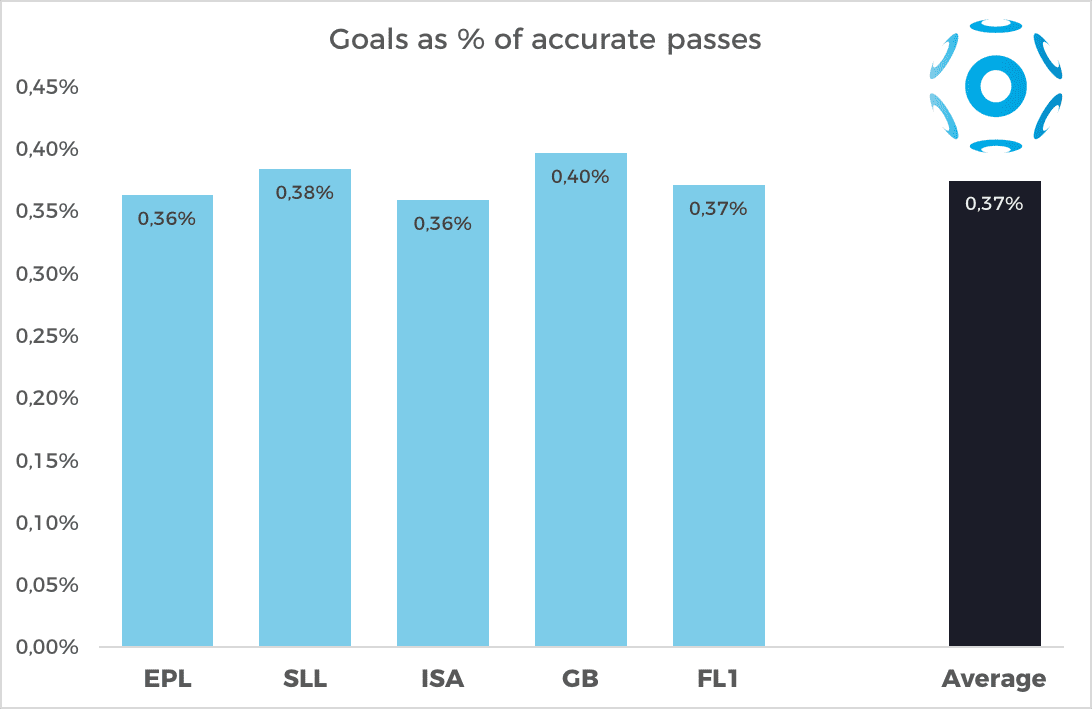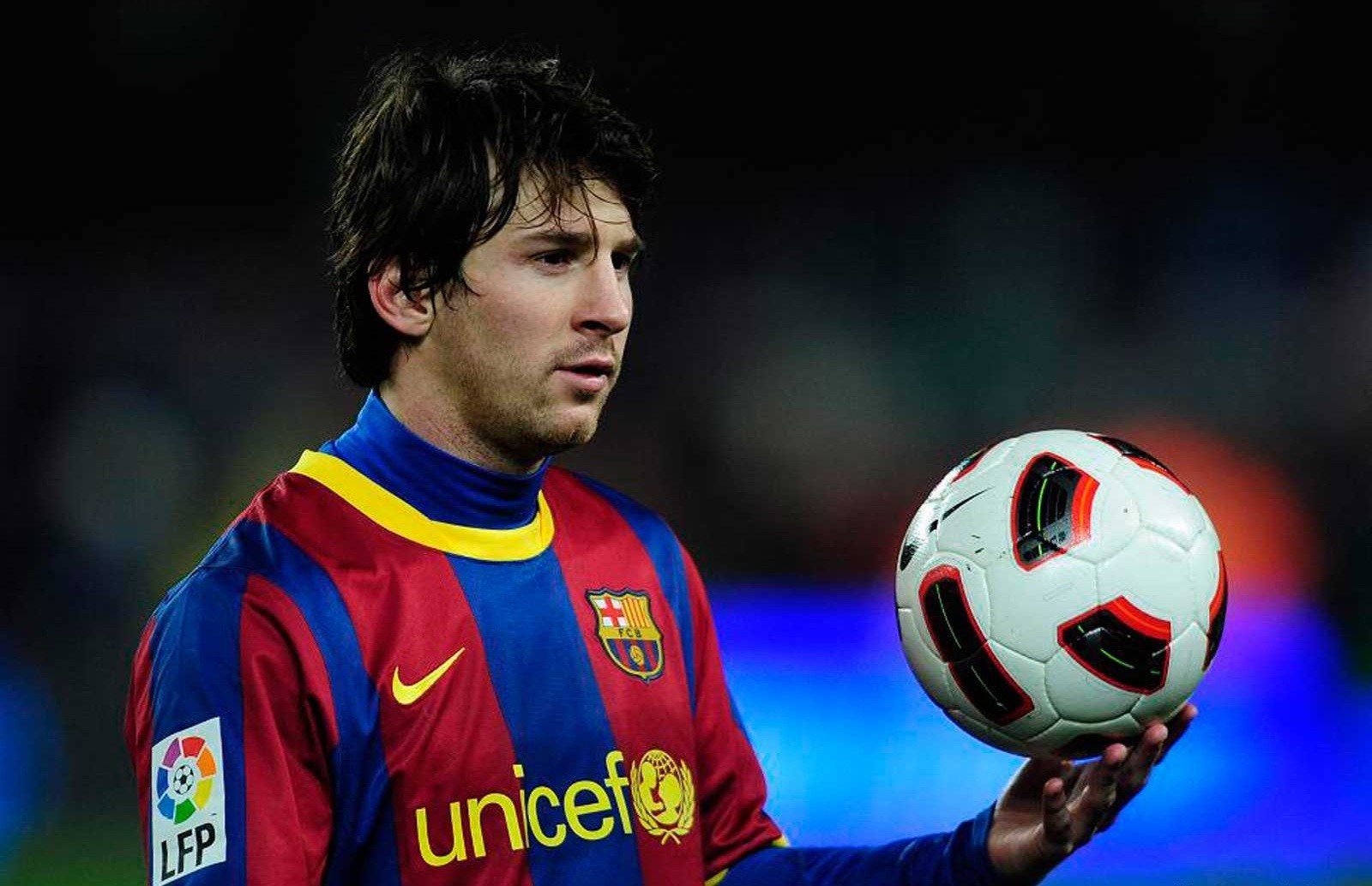
Giants Slain: A Deep Dive into UCL Knockout Stage Upsets
The UEFA Champions League, football’s most prestigious club competition, is often painted as a battleground for the elite. Giants clash, stars align, and the predictable march of super-clubs towards the final seems almost inevitable. Yet, beneath this veneer of dominance, lies a thrilling undercurrent of unpredictability: the upset. These moments, when the underdog defies logic, history, and often immense financial disparity, are not merely statistical anomalies; they are the very soul of the competition, proving that on any given night, anything is possible.
An upset in the Champions League knockout stage is more than just a lower-ranked team beating a higher-ranked one. It’s a seismic event that sends shockwaves across the footballing world. It’s when a team, often with a fraction of their opponent’s budget, star power, or historical pedigree, manages to outwit, outplay, and outlast a traditional powerhouse. These victories are etched into legend, not just for the winning team, but for the indelible mark they leave on the narrative of the sport.
The Anatomy of a Shock: Factors Behind UCL Upsets
Several converging factors contribute to these astonishing outcomes, transforming the improbable into reality:
-
Tactical Masterclass: Often, the underdog’s manager orchestrates a brilliant game plan, exploiting the favorite’s weaknesses while maximizing their own strengths. This might involve a disciplined defensive block, rapid counter-attacks, or ingenious set-piece routines. The favorite, accustomed to dominating possession and dictating play, can be caught off guard by an unfamiliar tactical approach.
-
Psychological Warfare & Pressure: The burden of expectation weighs heavily on the favorites. A single mistake, an early goal conceded, or a missed opportunity can trigger anxiety and self-doubt. The underdog, conversely, often plays with freedom, having nothing to lose and everything to gain. This psychological advantage can manifest in heightened determination and a refusal to wilt under pressure.
-
Individual Brilliance (or Error): While team cohesion is vital, individual moments can swing ties. An unexpected hero from the underdog camp might produce a moment of magic – a crucial tackle, a stunning save, or a sublime goal. Conversely, a star player from the favorite team might have an uncharacteristically poor performance, or even commit a costly error.
-
Momentum and Luck: Football is a game of fine margins. An early goal, a controversial refereeing decision, a deflection, or a key injury can shift momentum dramatically. Sometimes, the ball just bounces favorably for one team, building a sense of invincibility for the underdog and frustration for the favorite.
-
Form and Fatigue: A team might be in scintillating domestic form but arrive in the Champions League knockout stage either burnt out or experiencing a dip. Conversely, an underdog might be peaking at just the right time, having rested key players or found a new tactical rhythm.
-
The Home and Away Dynamic: The two-legged format adds another layer of complexity. A strong home performance can build a crucial lead, but a failure to score away goals can be fatal. The atmosphere of an underdog’s home stadium, often fervent and intimidating, can also play a significant role.
Iconic Upset Victories: Case Studies in Defiance
The history of the Champions League knockout stage is replete with moments where giants stumbled. Here are some of the most memorable:
-
Deportivo La Coruña vs. AC Milan (Quarter-Final, 2003-04):
- Context: AC Milan were the reigning European champions, boasting a star-studded squad including Maldini, Nesta, Pirlo, Seedorf, Kaká, and Shevchenko. They comfortably won the first leg 4-1 at the San Siro. The tie seemed over.
- The Upset: In one of the most incredible comebacks in Champions League history, Deportivo, fueled by an electric Riazor atmosphere, annihilated Milan 4-0 in the second leg, winning 5-4 on aggregate. Goals from Pandiani, Valerón, Luque, and Fran completed the unthinkable, proving that no lead is safe.
-
Monaco vs. Real Madrid (Quarter-Final, 2003-04):
- Context: Another shock from the same season. Real Madrid, the "Galacticos" with Zidane, Figo, Beckham, Raúl, and Ronaldo, were heavy favorites. They won the first leg 4-2 at the Bernabéu.
- The Upset: Monaco, spearheaded by former Real Madrid striker Fernando Morientes (on loan), produced a stunning 3-1 victory at home, progressing on away goals after a 5-5 aggregate score. Morientes’ goal against his parent club was particularly poetic.
-
Liverpool vs. AC Milan (Final, 2004-05 – The "Miracle of Istanbul"):
- Context: While a final, it’s arguably the greatest upset in Champions League history. Milan, again a formidable force, were 3-0 up at half-time, seemingly cruising to victory.
- The Upset: Liverpool, under Rafa Benítez, staged an improbable second-half comeback, scoring three goals in six minutes to draw level. They ultimately won the trophy in a penalty shootout, defying all expectations and cementing their place in folklore.
-
APOEL Nicosia vs. Lyon (Round of 16, 2011-12):
- Context: APOEL, the first Cypriot team to reach the knockout stages, were given virtually no chance against French giants Lyon.
- The Upset: After both legs ended 1-0 to the home side (1-1 aggregate), APOEL held their nerve in the penalty shootout, winning 4-3. Their journey to the quarter-finals was a testament to resilience and tactical discipline against vastly superior opposition.
-
Chelsea vs. Barcelona (Semi-Final, 2011-12):
- Context: Pep Guardiola’s Barcelona were widely considered the greatest club side ever, dominating European football with their tiki-taka style. Chelsea were an aging squad, struggling domestically, and led by an interim manager, Roberto Di Matteo.
- The Upset: Chelsea executed a defensive masterclass, winning the first leg 1-0 at Stamford Bridge. In the second leg at Camp Nou, despite going down to 10 men and conceding, they remarkably held on for a 2-2 draw (Torres’ late goal sealing it), progressing 3-2 on aggregate. It was a triumph of pragmatism and unwavering spirit over perceived invincibility.
-
AS Roma vs. Barcelona (Quarter-Final, 2017-18):
- Context: Barcelona had comfortably won the first leg 4-1 at the Camp Nou, making passage to the semi-finals seem a formality.
- The Upset: Roma, inspired by a passionate home crowd, produced an astounding 3-0 victory at the Stadio Olimpico, winning on away goals after a 4-4 aggregate. Edin Džeko, Daniele De Rossi (penalty), and Kostas Manolas (late header) were the heroes of a night that sent shockwaves across Europe.
-
Ajax vs. Real Madrid (Round of 16, 2018-19):
- Context: Real Madrid were the three-time reigning champions, and despite a shaky first leg (won 2-1 in Amsterdam), they were expected to finish the job at home.
- The Upset: A youthful and vibrant Ajax side, playing fearless, attacking football, dismantled Real Madrid 4-1 at the Santiago Bernabéu (5-3 aggregate). This result marked the end of an era for Real and announced Ajax as a serious dark horse.
-
Ajax vs. Juventus (Quarter-Final, 2018-19):
- Context: Following their triumph over Real, Ajax faced Cristiano Ronaldo’s Juventus, another European heavyweight. The first leg in Amsterdam was a 1-1 draw.
- The Upset: Ajax again showed no fear, going to Turin and winning 2-1 (3-2 aggregate). Their blend of technical skill, tactical fluidity, and youthful exuberance proved too much for the experienced Italian champions.
-
Lyon vs. Manchester City (Quarter-Final, 2019-20):
- Context: Played as a single-leg tie in Lisbon due to COVID-19. Manchester City, under Pep Guardiola, were overwhelming favorites to win the trophy.
- The Upset: Lyon, known for their counter-attacking prowess, frustrated City and capitalized on their chances, winning 3-1. Moussa Dembélé’s two late goals sealed a famous victory and highlighted City’s continued struggles in the latter stages of the competition.
-
Villarreal vs. Bayern Munich (Quarter-Final, 2021-22):
- Context: Bayern Munich were one of the favorites, boasting a formidable attack led by Robert Lewandowski. Villarreal, under Unai Emery, were seen as the clear underdogs.
- The Upset: Villarreal secured a narrow 1-0 win at home, then produced a disciplined defensive display in the second leg at the Allianz Arena, holding Bayern to a 1-1 draw and progressing 2-1 on aggregate. Emery’s tactical acumen in European knockout ties once again shone through.
The Enduring Legacy of the Upset
These upsets are more than just statistics; they are defining moments that reshape club trajectories, forge legends, and remind us why we love football. They offer hope to smaller clubs, validating the belief that dedication, tactical intelligence, and collective spirit can overcome even the most formidable financial and historical advantages.
For the vanquished giants, an upset can be a moment of profound introspection, leading to managerial changes, squad overhauls, and a re-evaluation of strategies. For the victorious underdogs, it’s a validation of their hard work, a moment of unparalleled glory, and a narrative that will be retold for generations.
In an era of increasing financial disparity and the consolidation of power among a handful of super-clubs, the Champions League knockout stage upsets serve as a vital counter-narrative. They are the unpredictable heartbeats of the competition, ensuring that despite the odds, the dream of glory remains attainable for those who dare to defy. As long as the ball is round and the game is played on grass, the Champions League will continue to deliver these thrilling, logic-defying moments, ensuring its status as the pinnacle of club football.



